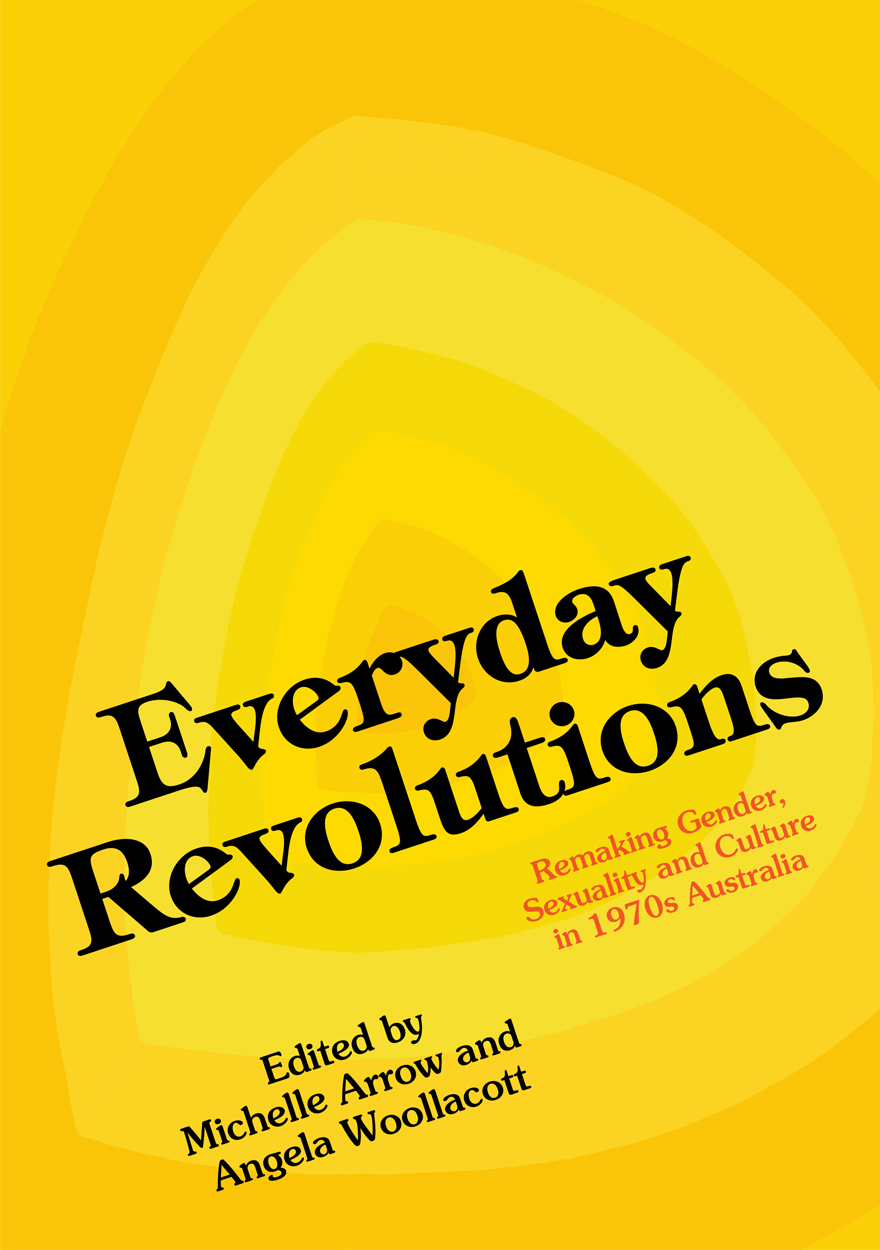Remaking Gender, Sexuality and Culture in 1970s Australia
Publication date: August 2019
The 1970s was a decade when matters previously considered private and personal became public and political. These shifts not only transformed Australian politics, they engendered far-reaching cultural and social changes. Feminists challenged ‘man-made’ norms and sought to recover lost histories of female achievement and cultural endeavour. They made films, picked up spanners and established printing presses. The notion that ‘the personal was political’ began to transform long-held ideas about masculinity and femininity, both in public and private life. In the spaces between official discourses and everyday experience, many sought to revolutionise the lives of Australian men and women.
Everyday Revolutions brings together new research on the cultural and social impact of the feminist and sexual revolutions of the 1970s in Australia. Gay Liberation and Women’s Liberation movements erupted, challenging almost every aspect of Australian life. The pill became widely available and sexuality was both celebrated and flaunted. Campaigns to decriminalise abortion and homosexuality emerged across the country. Activists set up women’s refuges, rape crisis centres and counselling services. Governments responded to new demands for representation and rights, appointing women’s advisors and funding new services.
Everyday Revolutions is unique in its focus not on the activist or legislative achievements of the women’s and gay and lesbian movements, but on their cultural and social dimensions. It is a diverse and rich collection of essays that reminds us that women’s and gay liberation were revolutionary movements.




